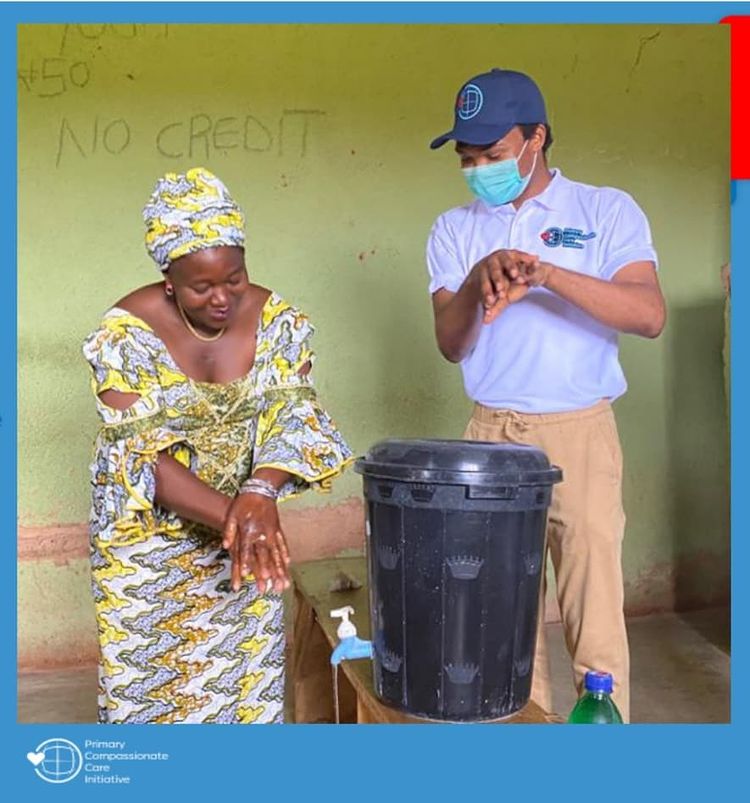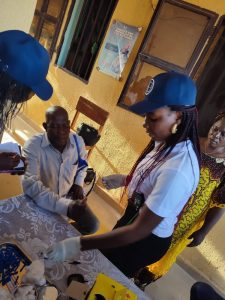Pre-professional work experience is a great transition step from college to career, especially in industries where experience is a virtual must-have for entry-level positions. Pre-professional opportunities help students obtain valuable industry- and job-specific knowledge and skills that pique employer interest. Ways to acquire pre-professional work experience include;
Internships
Internships help students develop professional skills. They are often associated with the corporate workplace, but all industries offer programs that allow students to observe real-time operations and learn management styles on a personal level. Organizations typically offer internships during summer and winter breaks, or by the quarter or semester during the school year. Students have the option to participate in paid (by the hour or in a lump sum stipend) and unpaid internships. Some colleges award credit for unpaid internship experiences. It’s important to check with your school to find out if they award internship credit before you get started. Even if you don’t receive college credit, the experience can still make a considerable difference during your post-graduation job search. Public health internships allow students to gain experience in the public health sector, integrating public health theory with community-based practice. Students are able to expand their understanding of the role of health-related agencies, including: organization and policy issues, funding sources, research, administration and program activities. On-the-job training also introduces students to the responsibilities of planning, implementing, and administering policies.
Work-study
Work study and cooperative education programs are part of a structured learning model that combines academic instruction with practical work experience. In Nigeria, our universities allow students to participate in 3-6 months industrial training program. These opportunities give students a chance to actively participate in the workforce while they learn about the industry. Since employers prefer candidates with work experience, this experience can help you stand out in a crowd of applicants.
Study Abroad
Public health majors can find global health opportunities through their post-secondary institution or directly through study abroad organizations that send volunteers all over the world. Students can become involved in a wide range of available experiences, including:
- Assisting the elderly
- Assisting at public hospitals
- Teaching languages
- Working in community clinics
- Conducting nutrition classes
- Implementing health programs
- Supporting cancer patients
Study abroad opportunities/applications are available online at study abroad organization websites. These experiences do come with costs so students should look into federal and state financial aid options before signing up. Study abroad organizations also offer scholarships.
Volunteer Work/Peace Corps
Many groups and organizations offer volunteer opportunities to raise awareness about their cause. Students usually decide to volunteer for two reasons: a strong desire to help out, and/or the need to meet volunteer requirements for graduation. Volunteering also helps students to stand out in job searches after graduation. A large number of scholarships require candidates to have some type of community service experience. When you select a quality volunteer position, you receive valuable career experience while contributing to the health and well-being of the community you serve. You also have the chance to learn from professionals while building a professional network.
The Peace Corps, an international volunteer program, has provided service work to improve the lives of people in communities around the world for over 50 years. Students learn new languages, gain leadership and international development experience while working alongside partners and friends in their host countries. (To date, the Peace Corps has worked in over 139 countries.) According to the Peace Corps, “Volunteers promote behavior and organizational change, including health systems planning and coordination by working with organizations and/or with ministries of health at the district, regional, and national levels.”
Issues that concern the Peace Corps include: Climate change, Food security, Gender equality and empowerment.
TRIVIA: Which of the following is an example of the relationship between demographic factors and health needs?
- Persons with high incomes typically have nutritional problems resulting from diet choices.
- Low educational level is associated with more health promotion behaviors.
- Religion may suggest beliefs concerning use of contraception, health care, and food choices.
- Being the majority population group, young adult men help determine which service agencies are most needed.
Leave your answer in the comment section.





Persons with high incomes typically have nutritional problems resulting from diet choices
3
Persons with high incomes typically have nutritional problems resulting from diet choices.
Religion may suggest beliefs concerning use of contraception, health care, and food choices.
3
People with high in come typically have nutritional problems resulting from diet choices